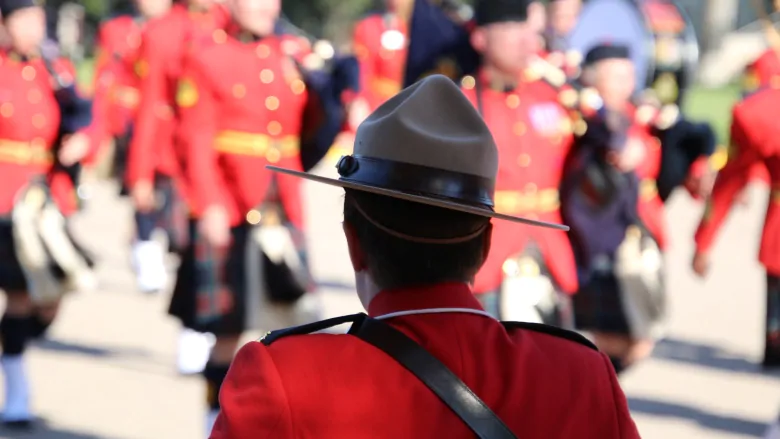As police services everywhere cope with public pressure over their use of force policies, the RCMP is reporting that just one per cent of the more than 3,000 allegations it’s received about improper use of force over the past five years turned out to be founded.

As police services everywhere cope with public pressure over their use of force policies, the RCMP is reporting that just one per cent of the more than 3,000 allegations it’s received about improper use of force over the past five years turned out to be founded.
“Out of the thousands of interactions that RCMP members have with the public across the country every single day, the RCMP has found that there were 36 instances of improper use of force over the past five years,” said RCMP spokesperson Catherine Fortin in an email to CBC News.
The national police force says that while there’s no set-in-stone definition of “improper force”, it generally refers to the application of force in a way that is unnecessary, inconsistent, too frequent or too harsh, or to the use of force for an excessive amount of time. Allegations involve inappropriate use of physical controls, intermediate weapons (non-firearm weapons such as batons and tasers), police service dogs and chemical munitions.
Harsha Walia, executive director of B.C. Civil Liberties Association, said that doesn’t mean Mounties aren’t using excessive force.
She called the one per cent figure “incredibly low,” adding she doesn’t think “it’s an accurate reflection about police use of force.”
While Canadians who believe they’ve been mistreated by an RCMP officer can lodge complaints with the Civilian Review and Complaints Commission, an outside watchdog body, Walia points out that local RCMP detachments are still responsible for re-opening such files — something she said casts doubt on the independence of the review process.
“That complaint is automatically redirected to the RCMP to investigate, so the first step of an investigation into the RCMP is actually the RCMP investigating that complaint,” she said.
“Which, of course, is absolutely inadequate and inappropriate … that data doesn’t really reveal anything. If anything, it just shows how police accountability is a self-fulfilling prophecy.”
Erick Laming is a PhD candidate in criminology at the University of Toronto whose research looks at police use of force and its impact on Indigenous and Black communities. He said the number of legitimate reported instances of excessive force is probably low in part because people are either afraid to lodge a complaint or don’t trust the system.
“If you’re an Indigenous person up north, you put a complaint in and it is le

